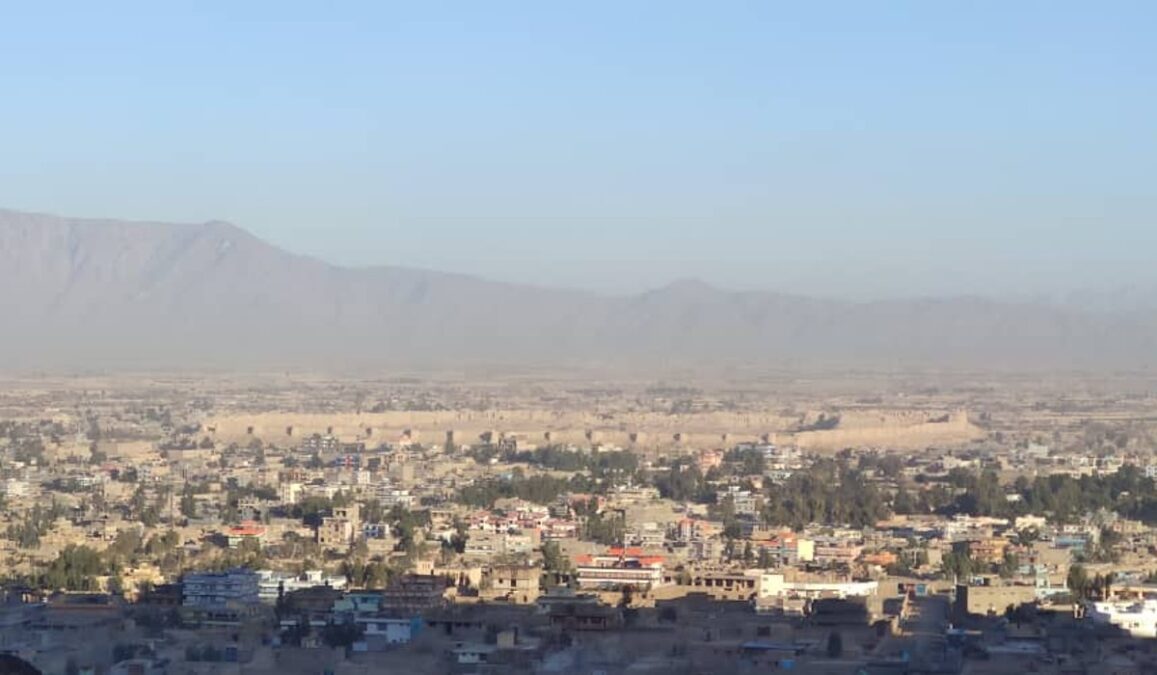Afghanistan is facing an unprecedented humanitarian crisis with a very real risk of systemic collapse and human catastrophe, the United Nations Office for the Coordination of Humanitarian Affairs warned on Monday in its latest humanitarian needs overview report for 2023.
OCHA also stated that in addition to unimaginable human costs, this humanitarian crisis is reversing many of the gains of the last 20 years, including around women’s rights.
The organization said that the end of the war, coupled with the takeover of the country by the Taliban has “ushered in a new era characterized by economic decline, hunger and risk of malnutrition, inflation driven by global commodity shocks, drastic rises in both urban and rural poverty, a near-collapse of the national public health system, a stifling of the media and civil society sectors, and almost-total exclusion of half the population – women and girls – from public life.”
Simultaneously, the collapse of the previous government resulted in a suspension of direct international development assistance, which previously accounted for 75 percent of public expenditure, including the maintenance of the public health system, the report read. “In the absence of development activity, the Afghan people are experiencing a backwards slide evidenced by the surge of humanitarian needs across the country”.
Afghanistan’s population was estimated to pass 43 million in 2022, with 49 percent women and girls, and one of the highest youth populations in the world, with 47 percent of the population under 15 years old. The population is expected to grow at 2.3 percent per annum, one of the steepest rates in the region, and so the intertwined environmental, economic and protection crises, particularly for girls, will have a far-reaching and potentially catastrophic impact far into the future.
OCHA pointed out that this year, staggering 28.3 million people (two thirds of Afghanistan’s population) will need urgent humanitarian assistance in order to survive while high levels of unemployment and sustained inflation have caused the average household’s debt to increase.
The report pointed out that in 2022 there was a change in the drivers of humanitarian needs, as household shocks shifted from COVID-19 and conflict in 2021, to drought, climate change and economic shocks.
“Within this reality, 17 million people face acute hunger in 2023, including 6 million people at emergency levels of food insecurity, one step away from famine – and one of the highest figures worldwide,” read the report which added deterioration is expected in the first quarter of 2023 due to the simultaneous effects of winter and the lean season, sustained high food prices, reduced income and unemployment and continued economic decline.
Drought has also played a major factor and as a result of this, the proportion of households experiencing barriers to accessing water rose from 48 percent in 2021 to 60 percent in 2022.
OCHA meanwhile stated that as per multiple studies, Afghanistan is the worst place in the world to be a woman or girl and that this situation is only deteriorating since the takeover by the Taliban.
According to the report, the number of people in need of humanitarian assistance in 2022 (28.3 million people) has increased from 24.4 million in 2022 (a 16 percent increase) and 18.4 million in 2021 (a 54 percent increase).
“Even with two thirds of the country already having humanitarian needs in 2023, further deterioration is highly possible unless the root causes and drivers of need are addressed.“Substantial investments in water infrastructure, sustainable agriculture, alternative livelihoods, gender policy reform and macroeconomic stabilization are urgently needed, along with the stabilization of services supporting basic human needs – especially health care and social services – to reduce dependence on humanitarian actors to provide emergency care and transition to longer-term support,” the report stated.





